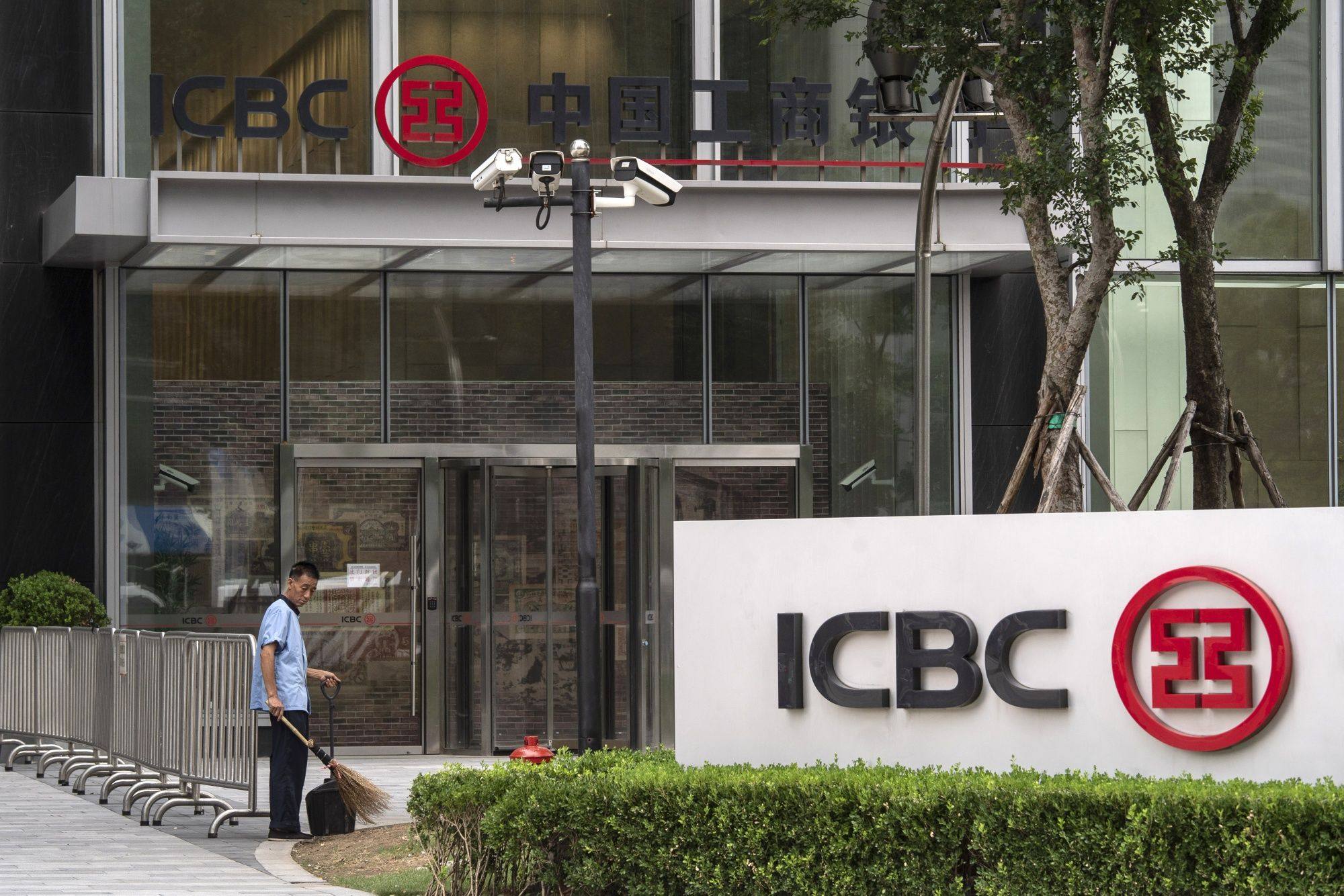
Who dares wins? China’s small banks beat ICBC, and state giants, turning brave bets into bonanzas
- Bank of Chengdu and Bank of Jiangsu have risen at least 29 per cent this year, placing them among the top 10 performers on the CSI 300 Index
- Regional lenders have less exposure to the property market and are thriving by serving industrially dynamic cities and provinces, analysts say
Yet, some lenders are getting it right in the unfolding crisis, according to stock analysts. Bank of Chengdu, Bank of Jiangsu and Bank of Hangzhou grew their first-half earnings by more than 30 per cent, even as a fifth of their 40-odd listed peers reported shrinking profits.
Contrarian money managers who picked the trio over the nation’s big four banking giants have been richly rewarded. Shares of Bank of Chengdu and Bank of Jiangsu have risen at least 29 per cent this year, and were among the top performing CSI 300 Index members.
Others such as Bank of Nanjing and Bank of Hangzhou have risen more than 10 per cent, while the index has slumped 17 per cent.
“Small banks, typically those in the [more prosperous] Jiangsu and Zhejiang provinces, are doing pretty well in boosting asset quality and controlling risks,” said Zheng Qingming, an analyst at Shenwan Hongyuan Group in Shanghai. “They will continue to take the lead against the backdrop of diversification of regional economies.”
Unlike big banks that have nationwide exposure, listed regional lenders typically serve companies based in their regions. Most of these entities operate in China’s most economically developed cities or provinces, where demand for loans (from quality borrowers) is strong, according to Guotai Junan Securities.

Some smaller regional banks have lower exposure to the property sector and their owners have a strong desire to boost their market capitalisation, the Shanghai-based brokerage said.
The three regional banks in Chengdu, Jiangsu and Hangzhou are an exception, rather than the norm. Chinese banks overall remain sluggish in injecting credit into the faltering economy due to concerns about loan delinquency and weak property market impulses.
“Property sales, housing starts and completions have all collapsed by 25 to 45 per cent from their mid-2021 peak,” strategists at BCA Research said in a September 1 report. “Shrinking presales mean less financing for home builders and, ultimately, contracting property investment in the next three to six months.”

Shares of Industrial and Commercial Bank of China and China Construction Bank have fallen 6 per cent this year in Hong Kong, while retail-banking leader China Merchants Bank lost one-third of its market value. An index tracking 44 banks listed on mainland Chinese stock exchanges fell by almost 1 per cent.
Onshore banking stocks are the cheapest among all industry groups within the CSI300 Index, valued at an average of 4.3 times earnings, according to financial data provider Shanghai DZH. They trade at a 54 per cent discount to book value.
Stock bulls could take comfort from recent report cards from some regional banks. First-half profits rose by at least 15 per cent from a year earlier, twice the broader industry average, according to Shenwan Hongyuan. Growth in new lending at the Bank of Chengdu and Bank of Hangzhou exceeded 20 per cent, versus 12 per cent at state-controlled giants, it added.

Bank of Chengdu, located in the capital city of southwestern Sichuan province and known as a manufacturing base for lithium salts and silicon, reported a 32 per cent increase in interim earnings, accelerating from 25 per cent in 2021.
The stock has climbed 34 per cent to 16.51 yuan in Shanghai this year. At this rate, it could end the year with the best-ever annual gain since its listing in January 2018. All 24 analysts who follow the stock have a buy rating, with 22 per cent upside in their price target over the next 12 months.
“The company has a clear regional advantage,” said Dai Zhifeng, an analyst at Zhongtai Securities in Shanghai. “With Chengdu as its main base and its branches also in other developed economic circles, that has opened up room for further growth for the company.”


